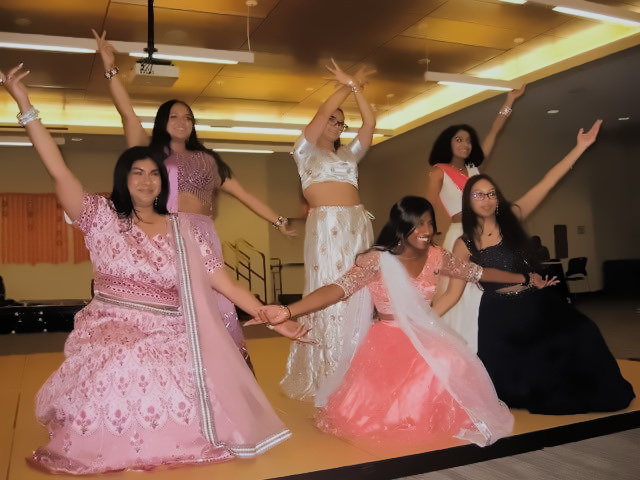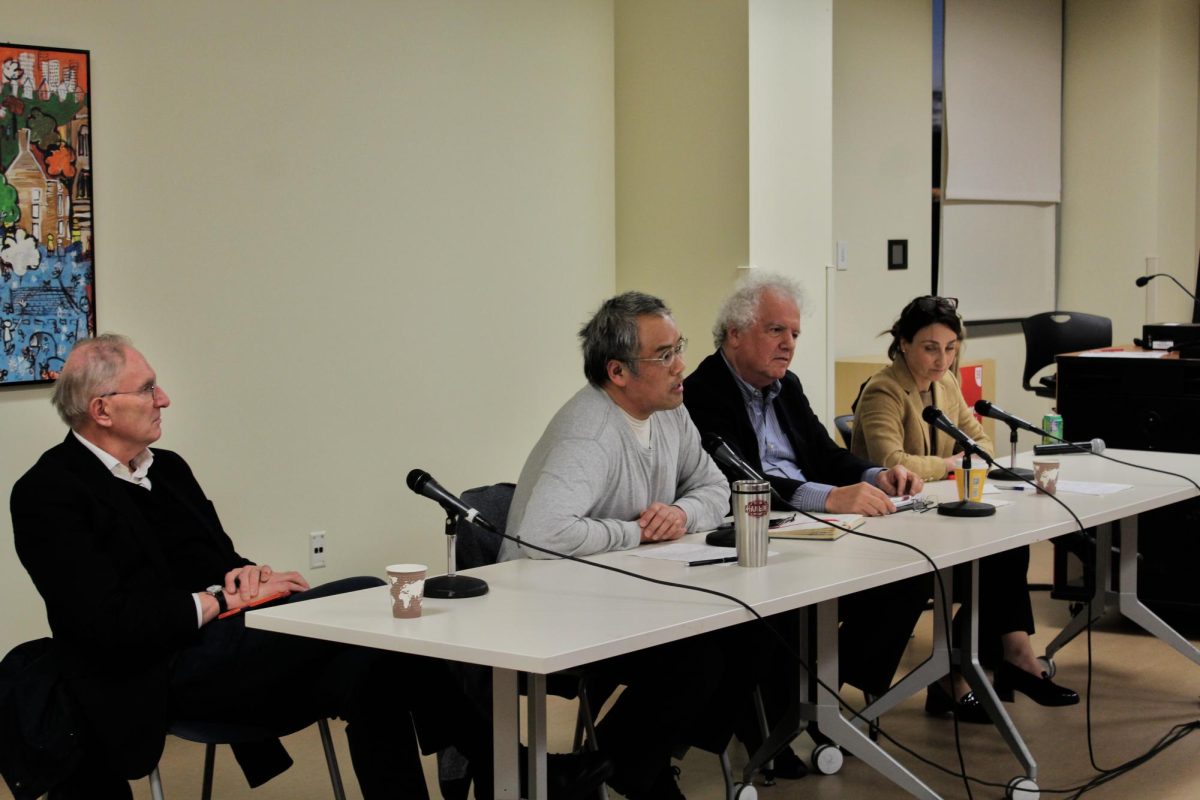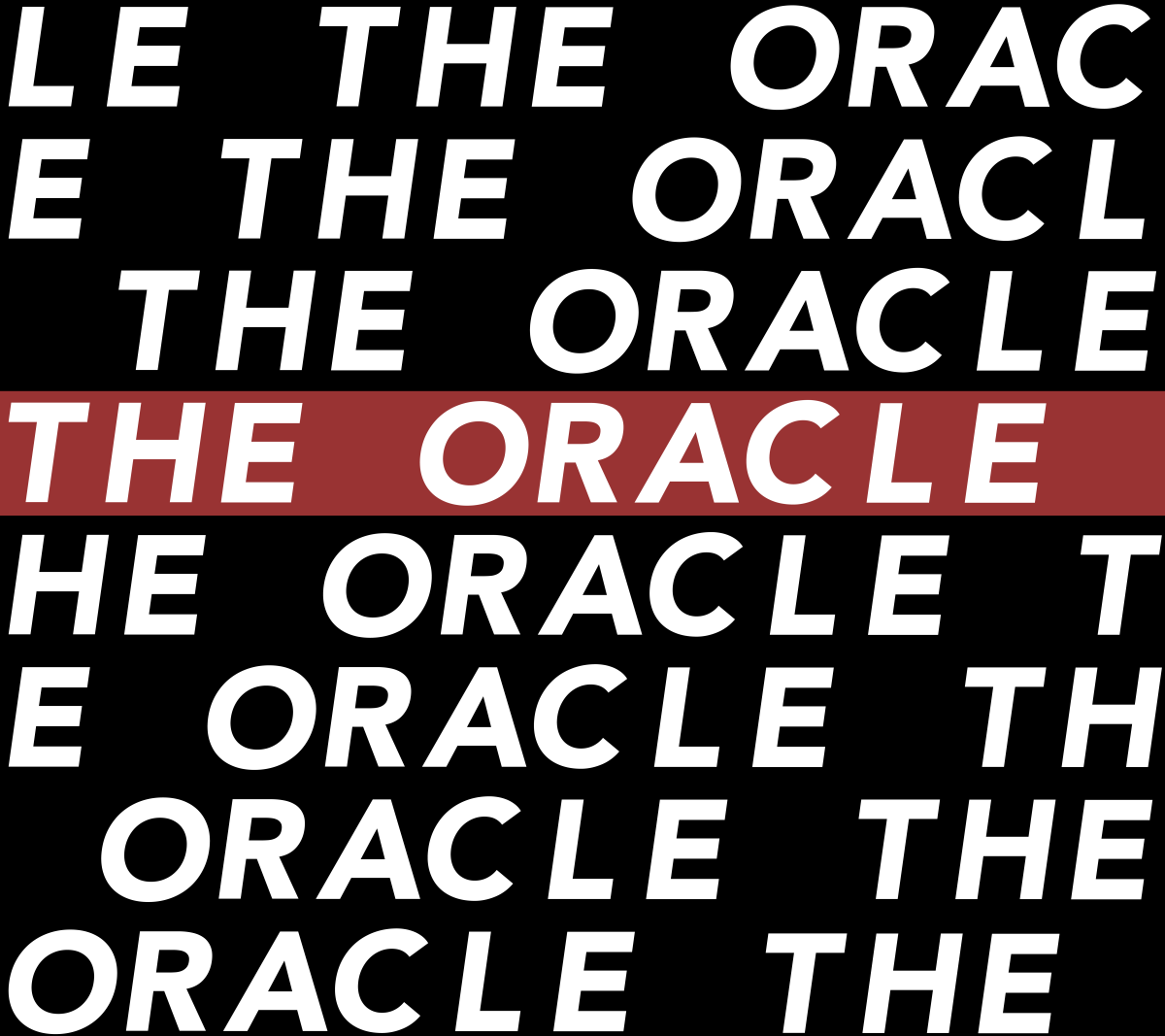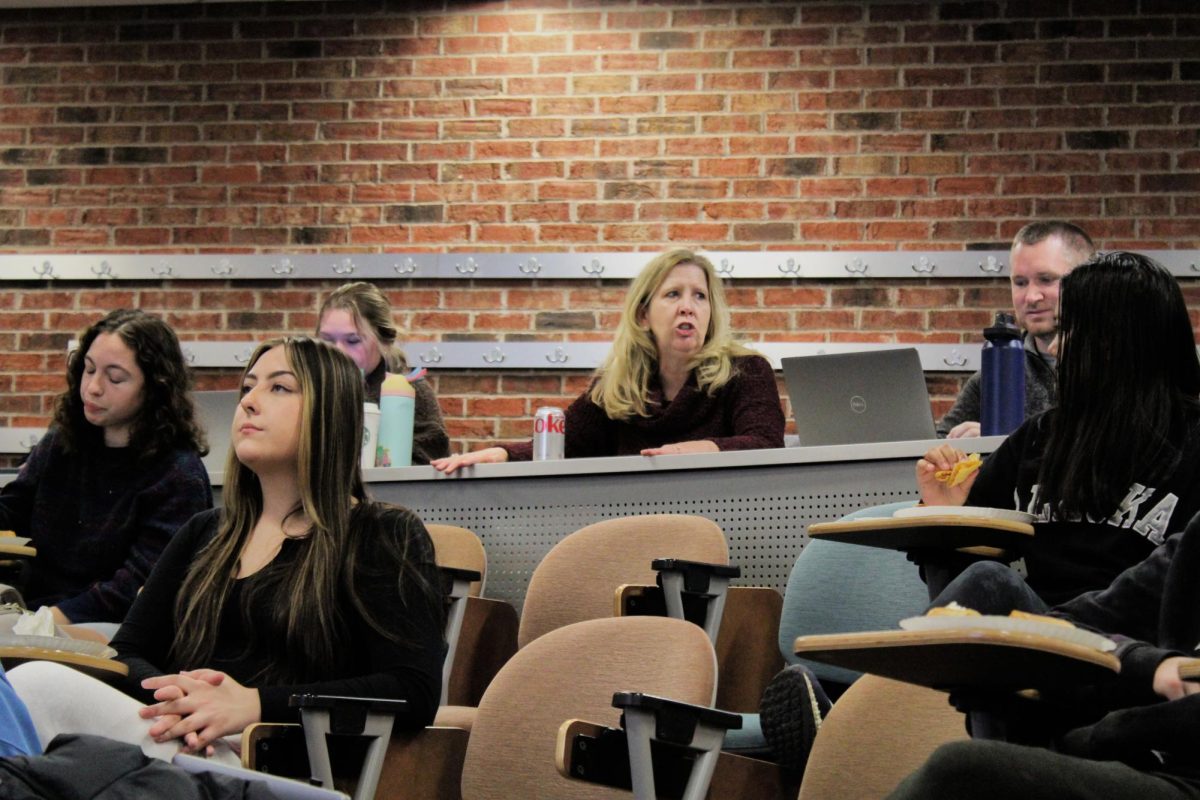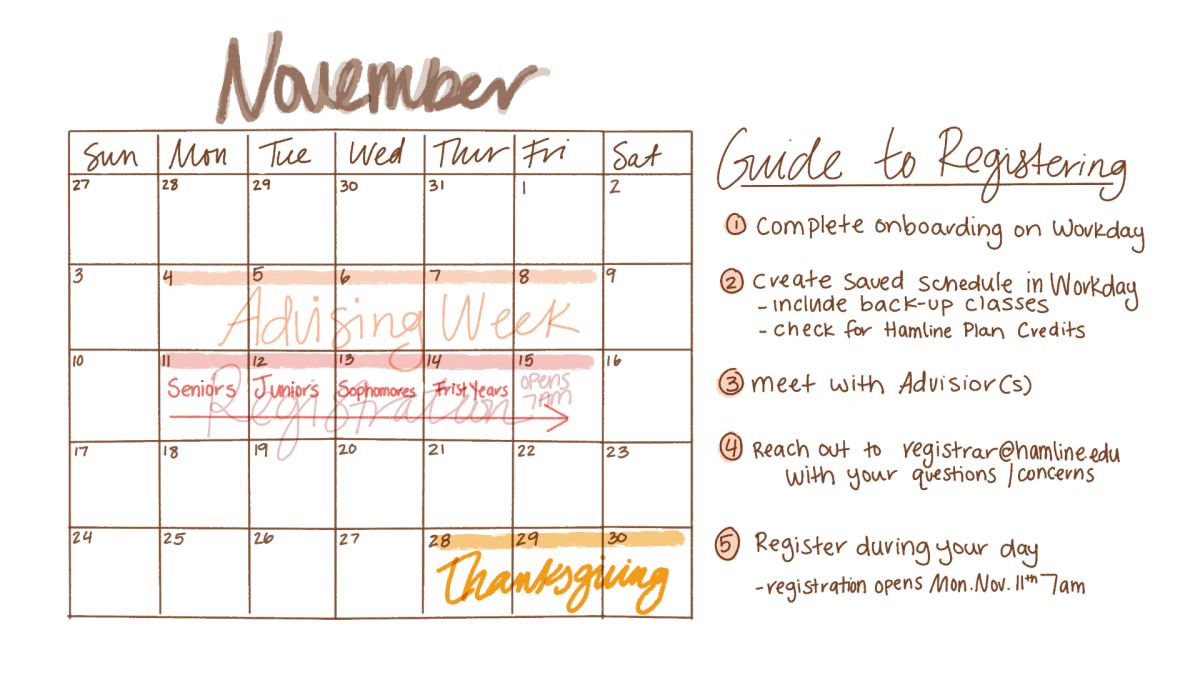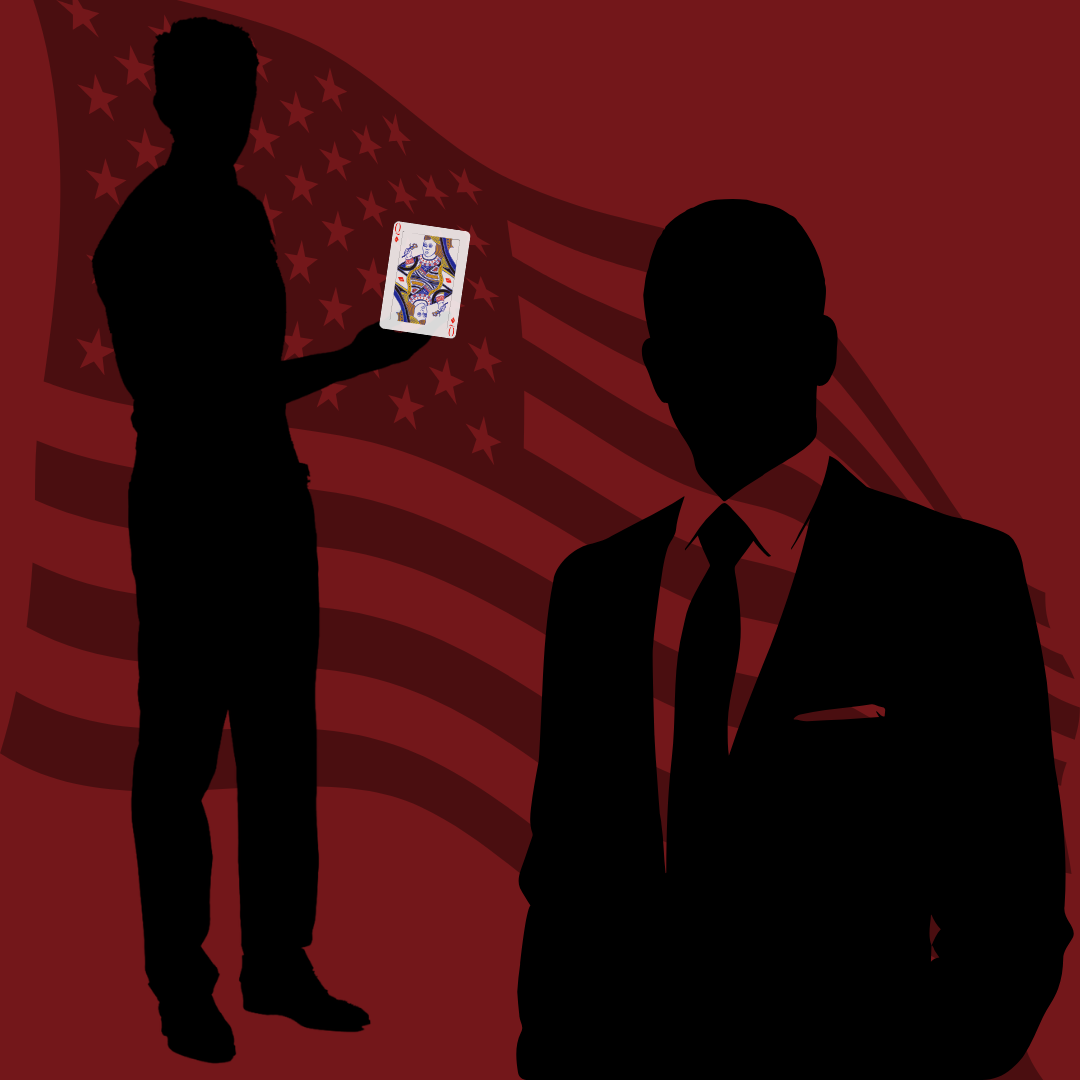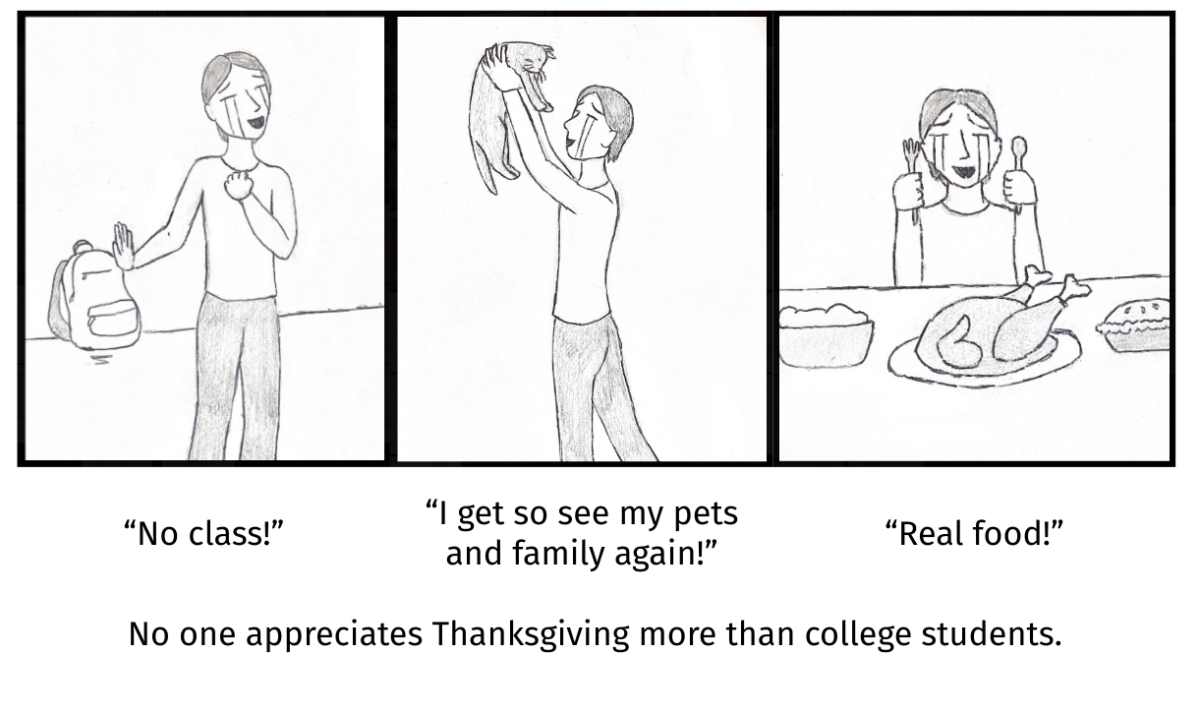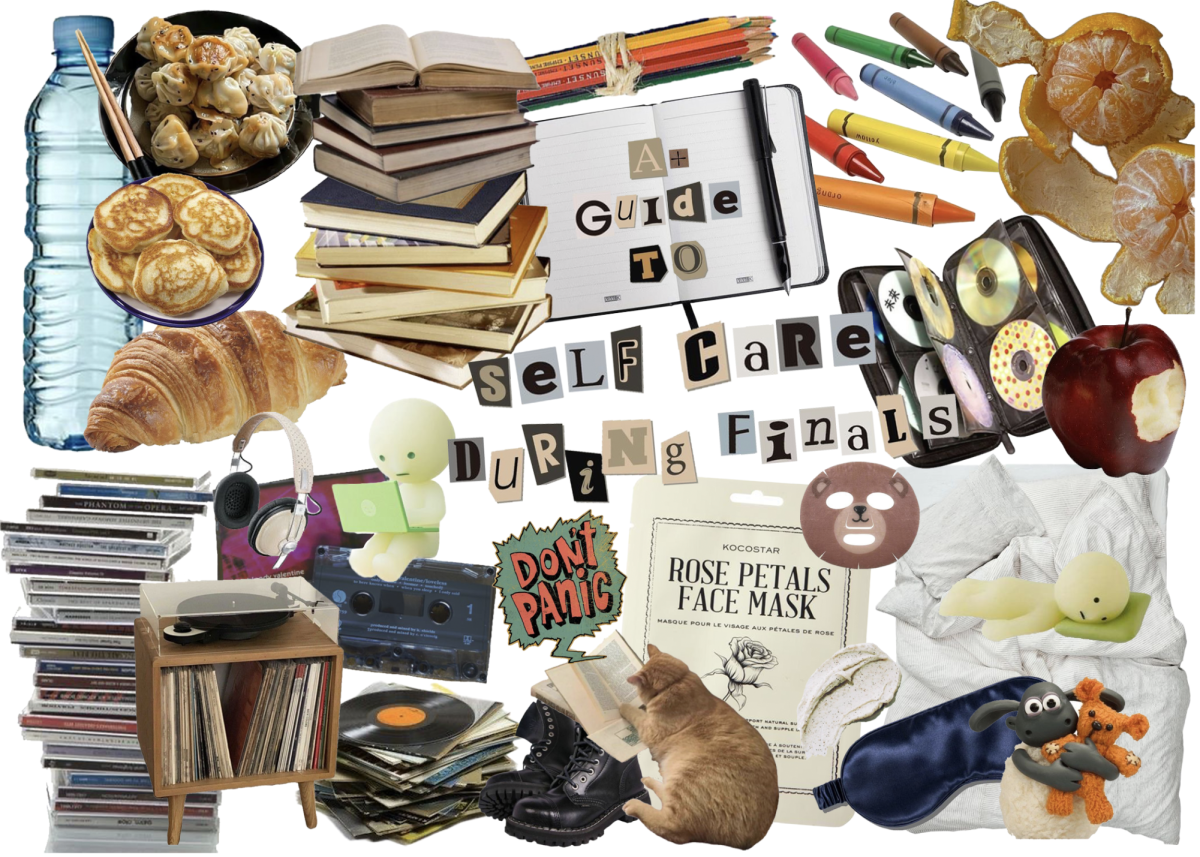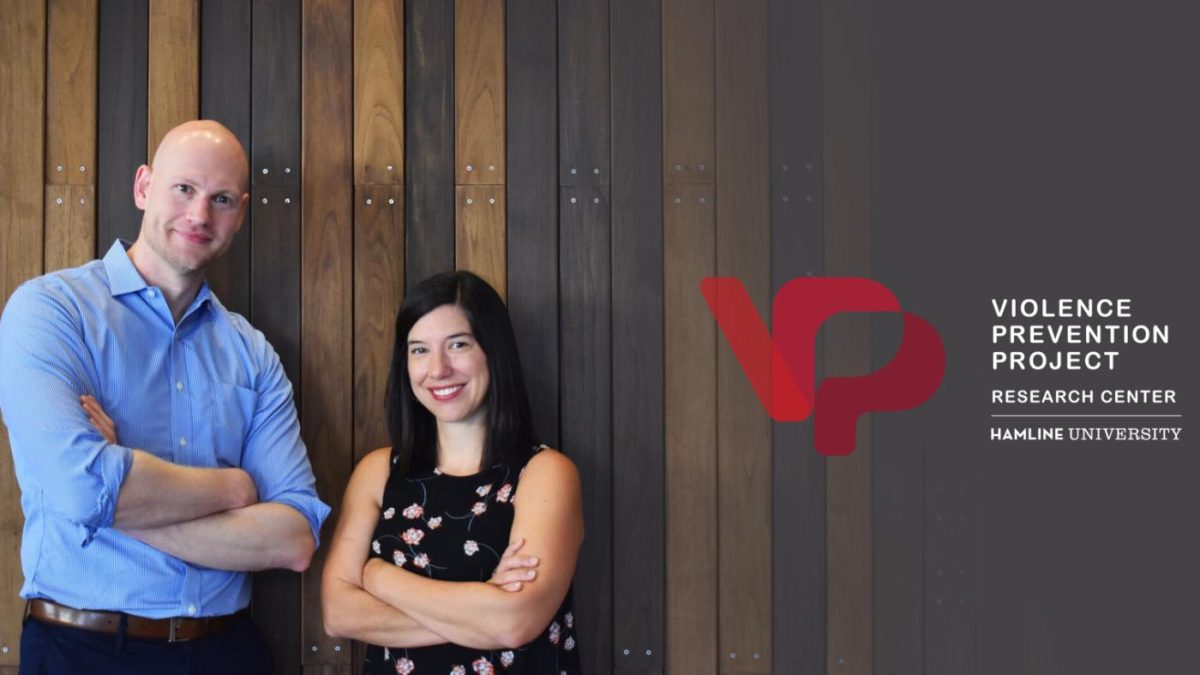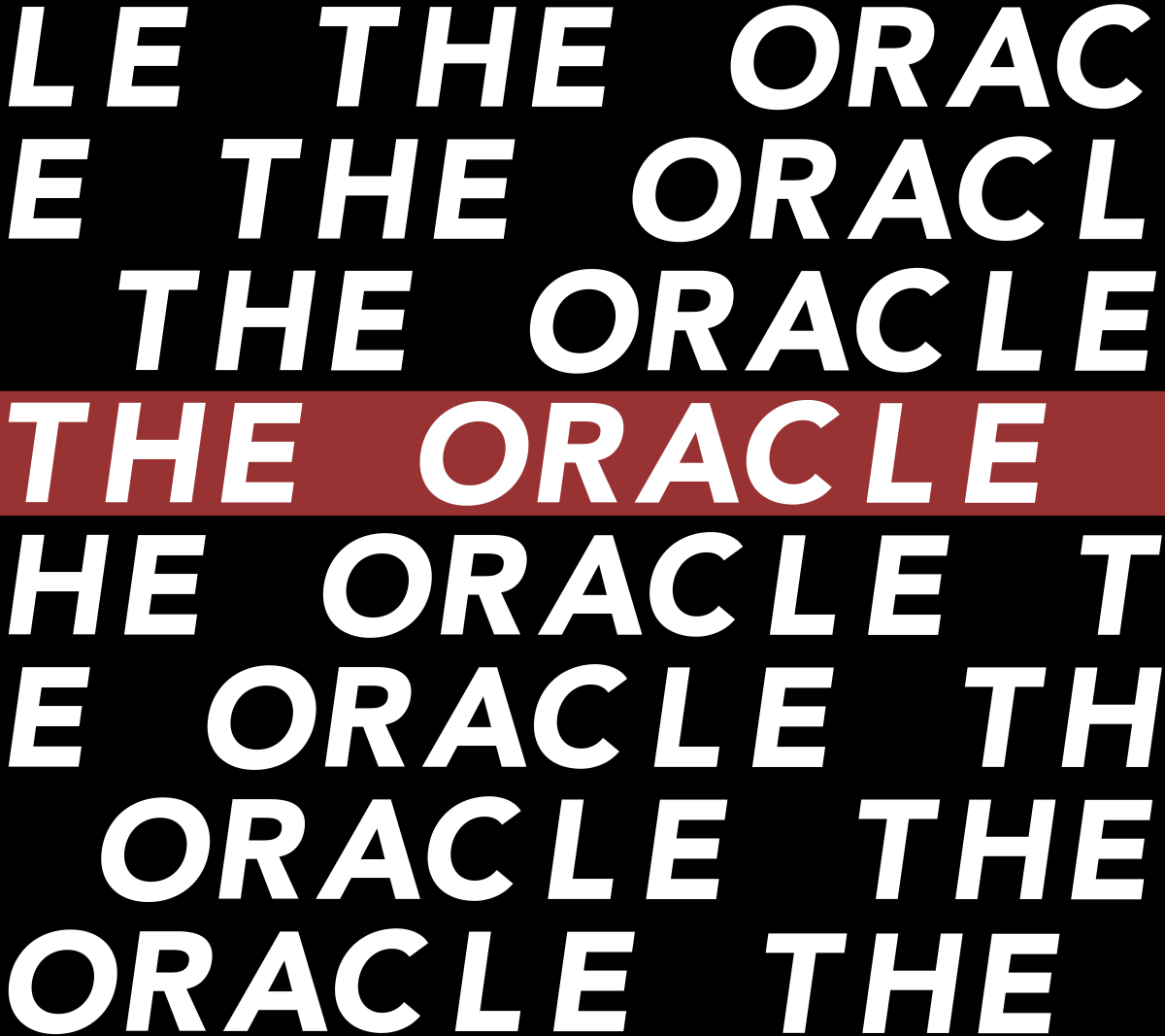Enrolled member of the Seneca Nation of Indians of Western New York Dr. Cori Bazemore-James returns as a guest speaker in collaboration with the Office of Inclusive Excellence.
On Tuesday, Oct. 8, the Office of Inclusive Excellence hosted an event titled ‘Feeding Your Spirit: Indigenizing Self-Care’ in an effort to demonstrate the need for self-care both on a personal and community level. The event featured guest speaker and Assistant Vice Provost of the University of Minnesota Graduate School Diversity Office, Dr. Cori Bazemore-James.
Given the complex and ever-evolving sociopolitical climate of our society, Vice President of Inclusive Excellence David Everett created this event as a way to consider how we connect and relate to one another.
“I think all of us in this whole space of life need to be thinking about [self-care], but particularly maybe now because campuses are becoming microcosms of larger society. So how do we think about connecting with each other? How do we think about relating to each other? How do we think about engaging with one another?” Everett said.
Director of Counseling Services Hussein Rajput provided the metaphorical image of a cup, with the contents representing emotional reserves. Rajput explained that when these reserves are depleted, the consequences can impact everything from academics to the physical bodily response to illness.
“Think about the metaphor of filling a cup. If the contents of the cup [represent] emotional reserves, when those get depleted to a certain degree, or to an extreme degree, we experience burnout. What can accompany that is a decline in our performance – academically, socially, vocationally – as well as depressed mood and even mind-body impacts on our immune system,” Rajput said.
Bazemore-James was featured as a guest speaker at the event, offering attendees a chance to consider their self-care and how it relates to their ability to provide support for their community. Bazemore-James explained the importance of processing generational trauma and practicing effective self-care – among other care methods – as a way to heal not only the current generation but also the future generations to come.
“A lot of elders talk about processing our grief and generations of trauma, the generational trauma we all carry, and doing our part per generation of trying to heal ourselves for the next generations,” Bazemore-James said.
However, the practice of effective self-care is notnecessarily an easy fix. Everett points out that many spaces do not always allow for such open conversations to take place. He also explains that social taboos and preconceived expectations of how individuals should or should not act in certain settings shift our perception of community.
“For so many of us, I think we approach certain spaces with the perception of what we can and what we can’t talk about or what we should or we shouldn’t talk about,” Everett said.
One such subject that Rajput points to is money, particularly the affordability of higher education. He adds that many students are working outside of their roles as students to pay for their tuition and housing, among other things.
“Higher education has become increasingly less affordable over the past 30-40 years and as a result, students are hard-pressed to be able to afford to be in school and [students] are working a lot of hours outside of their role as a student,” Rajput said.
Bazemore-James pointed to a similar issue, saying that low-income households typically work longer hours to financially support their families and loved ones, which in turn may result in mental or physical strain.
“The more low-income a family may be, the longer hours they usually have to work to try to make it and get by,” Bazemore-James said.
Mental and physical strain extends well beyond students, however, with a phenomenon that Rajput calls ‘Publish or Perish’. This phenomenon refers to the idea that faculty in higher education – in particular non-tenured faculty – must continuously do research outside of their teaching as a way to keep themselves afloat. While research can be helpful in the exploration of a faculty member’s interests, Rajput explains that this phenomenon can place immense pressure on faculty who are establishing themselves in their chosen field.
“For faculty, there’s the well known ‘Publish or Perish’ phenomenon. Especially for non-tenured faculty who are trying to establish themselves in their chosen field, there can be a lot of pressure that way,” Rajput said.
Although self-care is largely praised for both personal and community benefit, there is also a stigma that self-care and the prioritization of mental health is seen as selfish. Bazemore-James says, however, that by leaning on others and knowing when a break is necessary, self-care is healthy.
“That’s a really harmful stigma, thinking that focusing on my needs is somehow hurting something else or someone else,” Bazemore-James said.
Everett believes that this problem is exacerbated by the perceived lack of emotional space within classroom interactions that may prove beneficial for both students and faculty who need to prioritize their mental health.
“Think about some of our classroom interactions, you know, is there space? Is there time carved out for folks to say, you know, I’m just not doing well today,” Everett said.
In an effort to promote both community building and a way to support one’s own mental health, Bazemore-James points to interpersonal support. She says that while we’re all going through tough times, it is important to lean on each other in times of need, even by simply just asking how they are or what they might need support with. It is in this way that a strong community is built.
“We’re all going through tough times, all the time, so being a good relative to your peers, to your cousins, to your aunties, to your uncles, to your nieces and nephews, we’re all family. Being there for each other and finding out what needs people have,” Bazemore-James said.
If you or a loved one is experiencing issues surrounding mental health, visit the Counseling and Health Services office in Manor Hall, room 16 between Monday to Friday, 9 a.m. to noon and 1 to 4 p.m.

